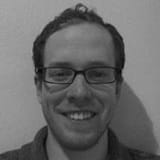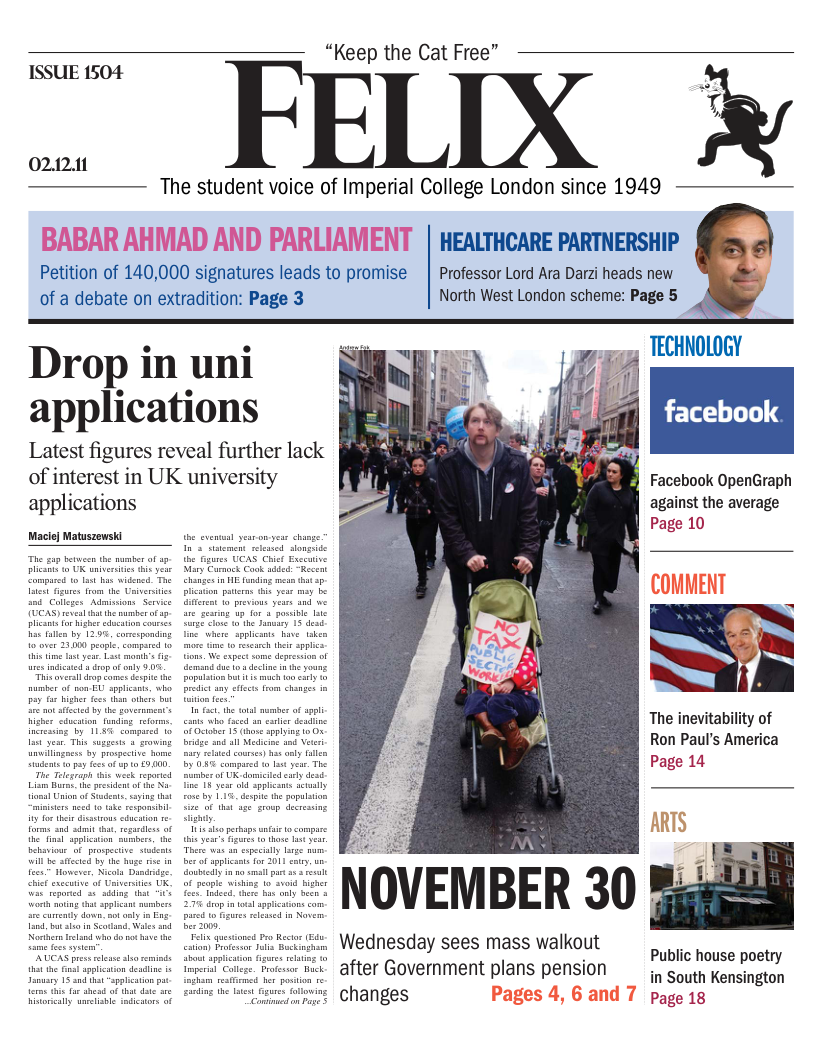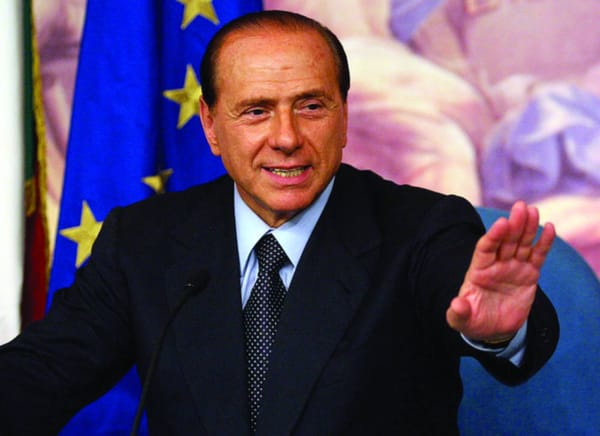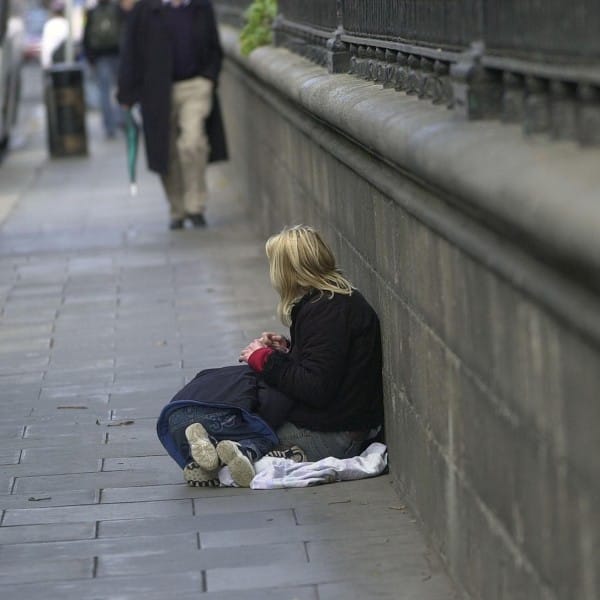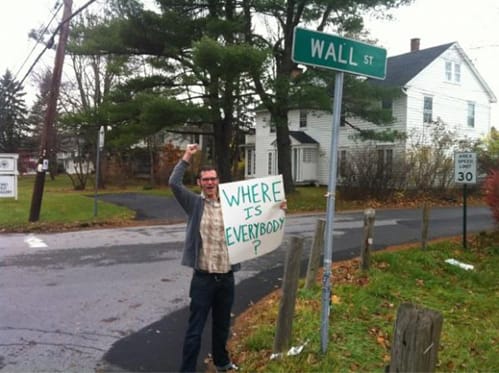We need a new kind of giving
Science is the spark that aid needs in the world
If you are a science student at Imperial there’s very little you can do to get involved in international aid. The medics can use their skills to deliver life-saving vaccinations in Mozambique. The engineers can use their skills to build drought-fighting dams in El Salvador. And us scientists? We get to teach English in a random school somewhere.
Of all the skills I’ve gained from my education, being able to teach English isn’t one that ever made it to my CV. And yet for so many of us this is the only way to get involved with charities. This feels like a terrible waste of ability. Fortunately it doesn’t have to be this way.
You see for all Imperial’s students that are involved in charities, there are questions that ought to be answered: just how do we know we’re actually making a difference? How do we measure and improve outcomes? This is where the scientists come in.
...the aid world needs more scientists getting involved
I would argue that the state of international development today is much like the state of medicine two hundred years ago. The patient’s problem may be clear but she finds herself surrounded by various conflicting quack doctors, each offering his own particular brand of tonic to cure-all-ills. It took the rigour of the scientific method with its ruthless reliance on randomisation and evidence to break through the quackery and create what we now call medicine. To be poor in 2011 is much the same. The problems may be clear but solutions are offered from so many different groups, each peddling their own particular cure-all-ills ideology, that any correct answer is likely to be lost among the crowd. The case for a new, rigorous, evidence-based approach to aid couldn’t be clearer. A year ago I had the chance to see how this could work in practice.
Lake Turkana, the largest body of water in Kenya, has been the site of so many important archaeological discoveries that it is termed “the cradle of civilisation”; a title that will strike any foreign visitor as ironic on seeing an area with miniscule literacy, increasing and devastating drought and a HIV prevalence of up to 25%. It was here that a friend and I had the chance to investigate a fishing program, interviewing fishermen who had received subsidies to help them buy boats and nets. After speaking to around 200 of these fishermen and going fishing ourselves, we took the data back home and ran it through our machines with a statistician. The results were surprising.
It seemed that boats were bad, expensive investments compared to nets. Boats served more as a status symbol than an economic investment. But this was good news. It meant that the charity funding the subsidies could shift their focus onto nets, saving them money while increasing the number of fish caught. They are currently working on how best to implement this strategy.
The power of what was essentially a lab report level analysis was surprising and exciting. But the role that the scientific method can play gets so much more sexy with Randomised Control Trials, or RCTs. To overuse a metaphor, they work just like medical trials – properly randomised with control groups receiving no aid and a test group receiving ‘treatment’ such as a particular microfinance program or school system. Carrying out this kind of trial takes exactly the skills required in a science degree.
The ability of the scientific method to shine a light on a hitherto murky world of guesswork and quackery has been proved over the centuries, but its role in aid is just starting to be recognised. Some at Imperial have taken a lead in this – Sir Alan Fenwick will be talking about his experience in just this work today at 6 in SAF. It will likely be today’s graduates who will help shape an aid debate in which evidence truly triumphs over ideology. For this to happen the aid world needs more scientists getting involved. Looking to make a difference? A career in development may be an unexpected use for your degree, but it’s much more effective than teaching damned English. Who’s with me?

